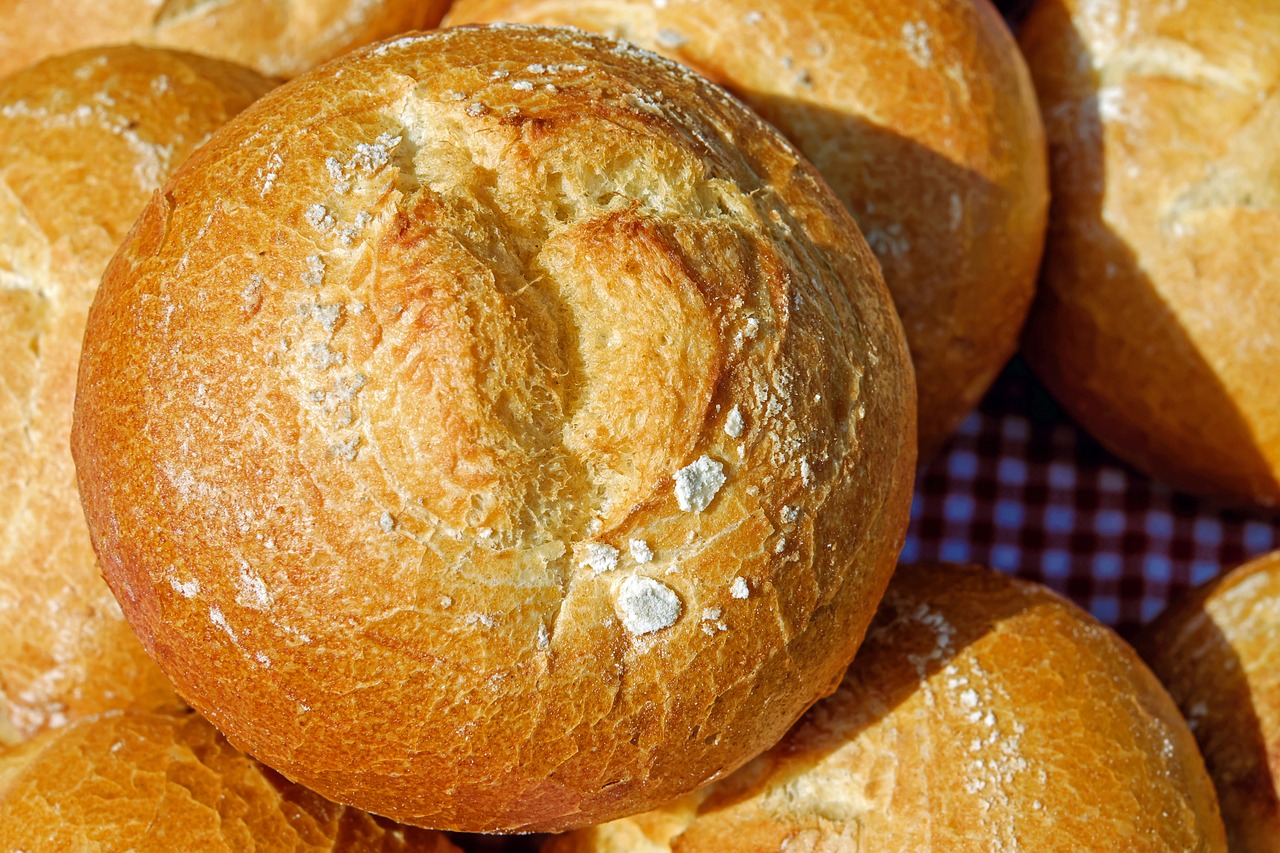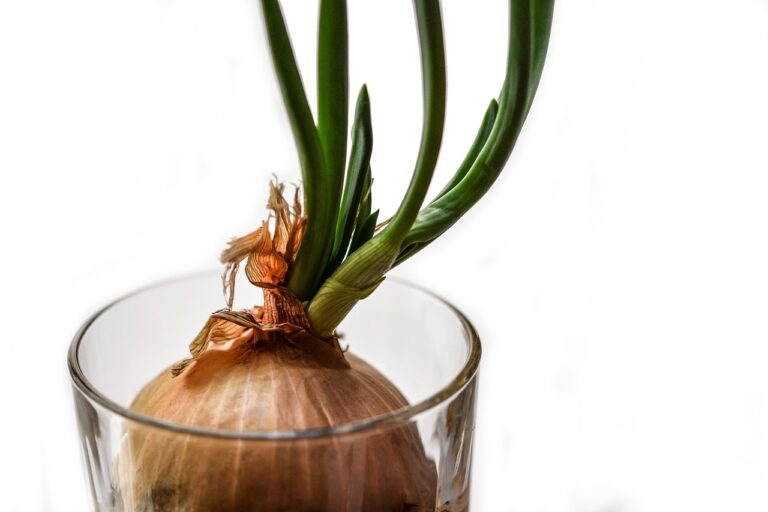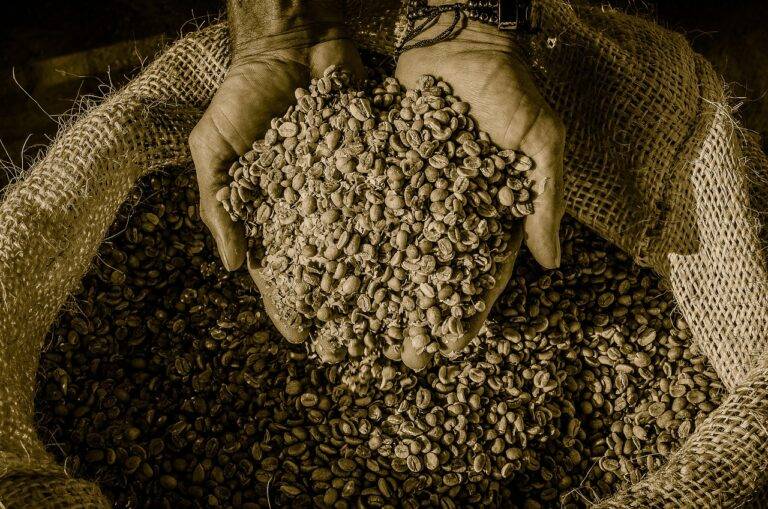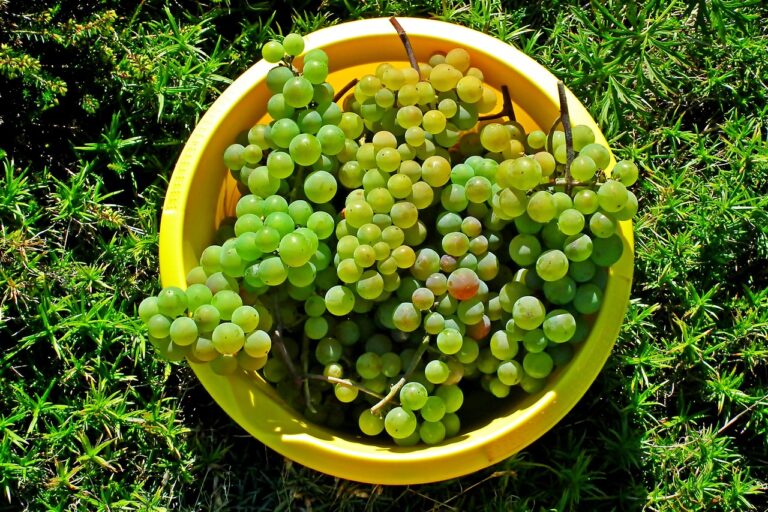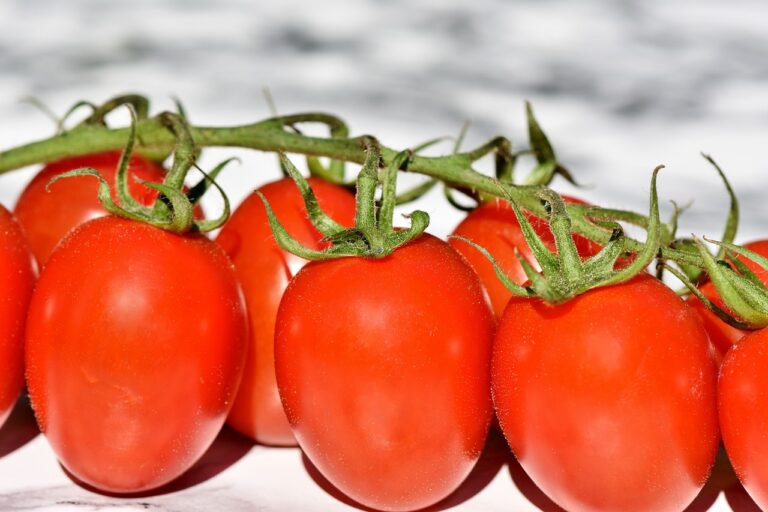The Artisan Cheese Renaissance: Rediscovering Traditional Craftsmanship.
The origins of artisan cheese trace back centuries, with traditional methods being passed down from generation to generation. These cheeses were initially crafted by farmers using milk from their own animals, creating unique flavors and textures exclusive to their regions. As artisan cheese gained popularity, different regions developed their distinct styles and recipes, contributing to the rich diversity of cheeses available today.
In ancient times, cheese was valued for its ability to preserve milk and provide nourishment during long journeys. Artisan cheese-making techniques evolved as communities honed their skills and perfected their craft, leading to the production of high-quality cheeses that were highly sought after. The history of artisan cheese is a testament to the creativity and dedication of cheese-makers throughout history, who have helped shape this beloved culinary tradition.
The Importance of Traditional Methods
Artisan cheese-making techniques have been passed down through generations, with each small-scale producer holding a unique set of traditional methods. These methods not only contribute to the distinct flavor and quality of artisan cheese but also preserve the cultural heritage and craftsmanship of cheese-making. From handcrafted processes to using locally-sourced ingredients, traditional methods play a crucial role in maintaining the authenticity and character of artisan cheeses.
Despite the advancements in technology and automation, many small-scale producers continue to uphold traditional cheese-making practices. By emphasizing the importance of hands-on techniques and natural aging processes, these producers are able to create cheeses with unparalleled complexity and depth of flavor. The commitment to traditional methods not only sets artisan cheeses apart in the market but also upholds the artistry and tradition of cheese-making for future generations to cherish.
The Role of Small-Scale Producers
Small-scale producers play a vital role in the artisan cheese industry by upholding traditional techniques passed down through generations. These dedicated artisans prioritize quality over quantity, ensuring that each batch of cheese is crafted with care and attention to detail. Their commitment to preserving authentic flavors and textures sets artisan cheese apart from mass-produced alternatives.
Additionally, small-scale producers contribute to the local economy by supporting small farms and sustainable practices. By sourcing milk from nearby dairy farms, they strengthen community ties and promote environmental stewardship. Through their passion for creating unique and flavorful cheeses, small-scale producers celebrate diversity in taste and showcase the artistry behind this time-honored craft.
• Small-scale producers uphold traditional techniques passed down through generations
• They prioritize quality over quantity, crafting each batch of cheese with care and attention to detail
• Their commitment to preserving authentic flavors and textures sets artisan cheese apart from mass-produced alternatives
• Small-scale producers support small farms and sustainable practices, contributing to the local economy
• By sourcing milk from nearby dairy farms, they strengthen community ties and promote environmental stewardship
• Small-scale producers celebrate diversity in taste by creating unique and flavorful cheeses
What is the history behind artisan cheese production?
Artisan cheese production has been around for centuries, with small-scale producers using traditional methods to create unique and high-quality cheeses.
Why are traditional methods important in artisan cheese production?
Traditional methods help to preserve the authenticity and quality of the cheese, as well as contribute to the distinct flavors and characteristics that make artisan cheese so special.
What role do small-scale producers play in the cheese industry?
Small-scale producers are essential in preserving cultural heritage, creating unique and high-quality products, and supporting local economies through their artisanal cheese production.
How do small-scale producers contribute to sustainability in the cheese industry?
Small-scale producers often prioritize sustainable practices, such as using locally sourced ingredients, minimizing waste, and supporting animal welfare, which helps promote a more environmentally friendly and socially responsible cheese industry.

